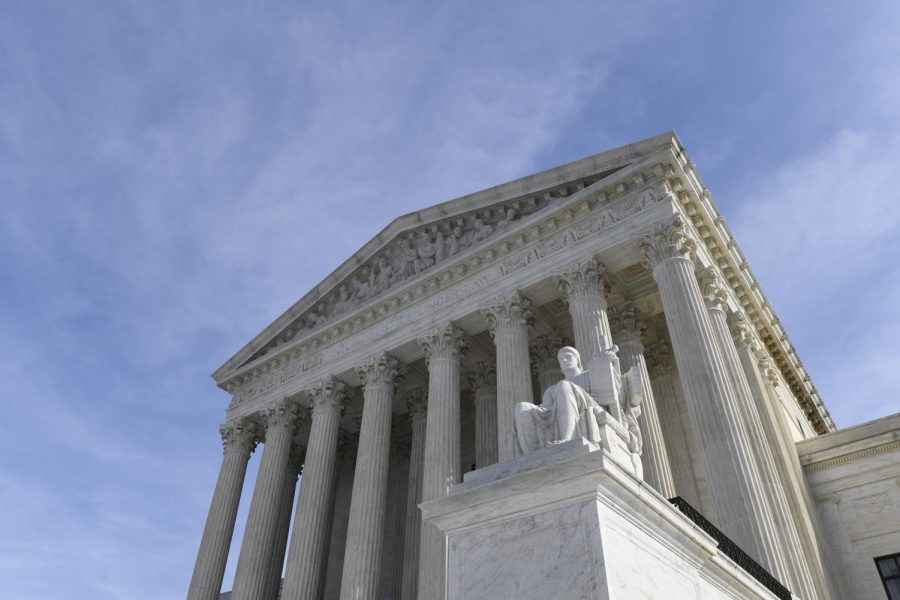The Electoral College Explained
With the presidential election a closely heated race, the Supreme Court will decide whether Electoral College voters are required to support presidential candidate who wins state, thus following the will of the popular majority.
With the election nearing Nov. 3, the Electoral College will soon determine the next President of the United States. Despite the Electoral College’s major role in the election process, it is common for voters, especially young voters, to not understand its purpose.
“The electoral college may seem like an easy topic to understand, but it really isn’t,” senior Matthew Stuckey said. “There are so many rules that can be interpreted differently. It’s a very complicated system that should be taught thoroughly to those who wish to vote.”
The Electoral College is a constitutional compromise that allows both the people and Congress to decide who the new president elect will be. It has the same number of members as there are in Congress, including three additional representatives of Washington D.C. (which has no representation in Congress). As stated by CNN10.com, both parties in each state select their own group of electors.
After the general election, all votes go to a tally. The candidate that has the most votes statewide gains all of the electoral votes. This process is followed in all states except for Maine and Nebraska. According to USA.gov, Maine and Nebraska do a proportional vote where each electoral winner is assigned to a district, and the winning candidate of that district gets that electoral vote.
A candidate needs at least 270 votes to win the electoral vote. However, this final vote isn’t announced for a while. Though the projected winner is announced on Election Night on the basis of the popular vote, the final electoral vote is conducted and announced in December.
The constitution doesn’t require electoral voters to abide by the popular vote, but many state laws do. Despite this, it used to be possible for electors to challenge the law and elect their own candidates. In July of 2020, the Supreme Court passed a law citing that electoral voters are required to follow the popular vote if the state has that as a law.
Due to this system, it is entirely possible for a candidate to lose the popular vote and win the electoral vote. This happened in 2000 and in 2016 as well as several times in the 1800’s.
In addition, if no one wins the electoral vote, the vote goes to the House of Representatives who votes on the top three candidates. This has only happened once with president John Adams.
Although tomorrow will bring the presidential prediction for 2021 based upon popular vote, the country will have to wait for the tradition of the electoral vote this December to receive the final announcement.












